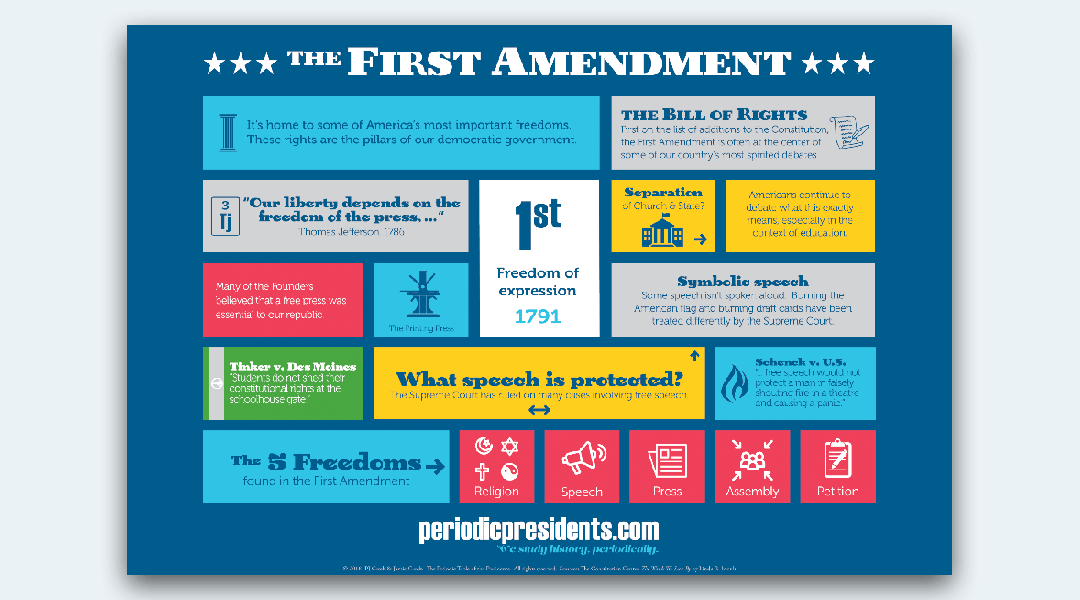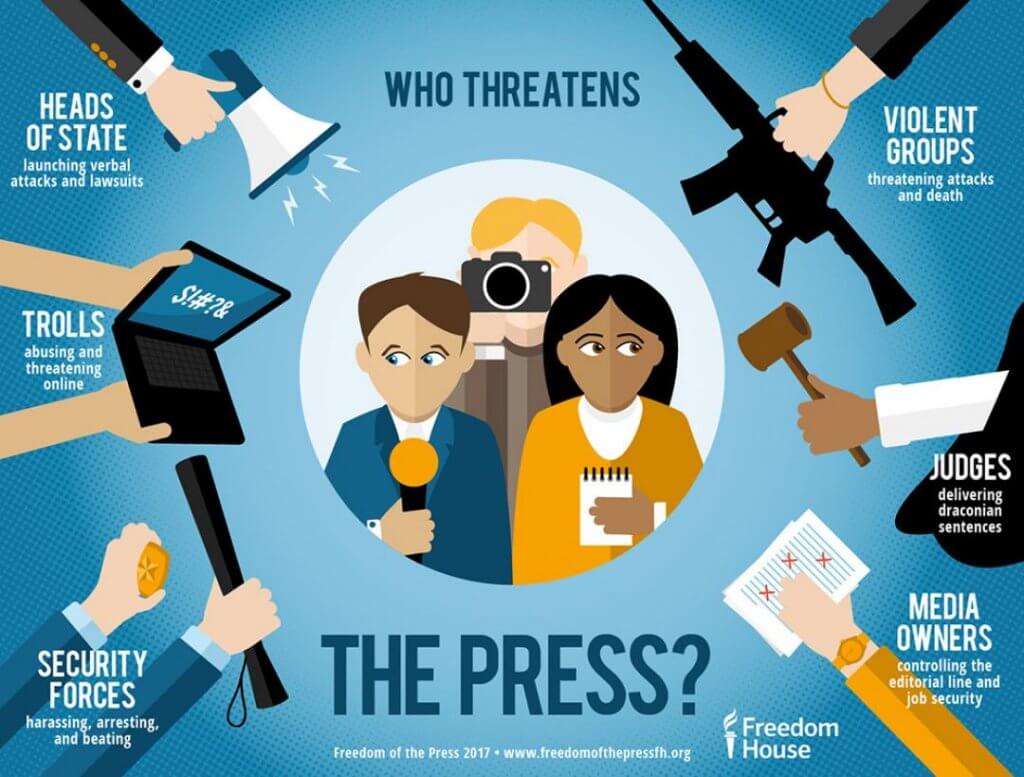Reference




OpenAI's Answer
The First Amendment rights of government employees have evolved significantly over time, balancing the interests of individual free speech against the government's interest in maintaining an efficient and effective workplace. This evolution is largely shaped by key Supreme Court decisions.
-
Pickering v. Board of Education (1968): This landmark case established the "Pickering Balancing Test," which weighs the interests of a public employee speaking as a citizen on matters of public concern against the government's interest in promoting workplace efficiency and avoiding disruptions. The Court ruled that the First Amendment protects a public school teacher's right to speak on issues of public importance without fear of retaliation from their employer.
-
Connick v. Myers (1983): The Court further refined the balance between free speech and workplace efficiency. It held that when a public employee's speech does not involve a matter of public concern, the government has greater latitude to discipline the employee. This case involved a district attorney's office employee who circulated a questionnaire about office policies and was subsequently dismissed.
-
Garcetti v. Ceballos (2006): This decision introduced a critical distinction between speech made as a citizen and speech made as part of an employee's official duties. The Court ruled that when public employees make statements pursuant to their official duties, they are not speaking as citizens for First Amendment purposes, and thus, the Constitution does not insulate their communications from employer discipline.
These cases collectively illustrate the nuanced approach the courts have taken in determining the extent to which First Amendment rights apply to government employees. The key considerations are whether the speech addresses a matter of public concern, whether it is made in the employee's capacity as a citizen or as part of their official duties, and the impact of the speech on workplace efficiency and harmony. This framework continues to guide the adjudication of cases involving government employee speech and First Amendment protections.
Follow Up
Related
How did the Reconstruction Amendments shape post-Civil War America?
Can globe artichokes benefit from organic soil amendments in terms of phytochemicals?
How did the Roosevelt and Smith factions differ in their support for Senate candidates?
What were the key Reconstruction Amendments passed after the Civil War?